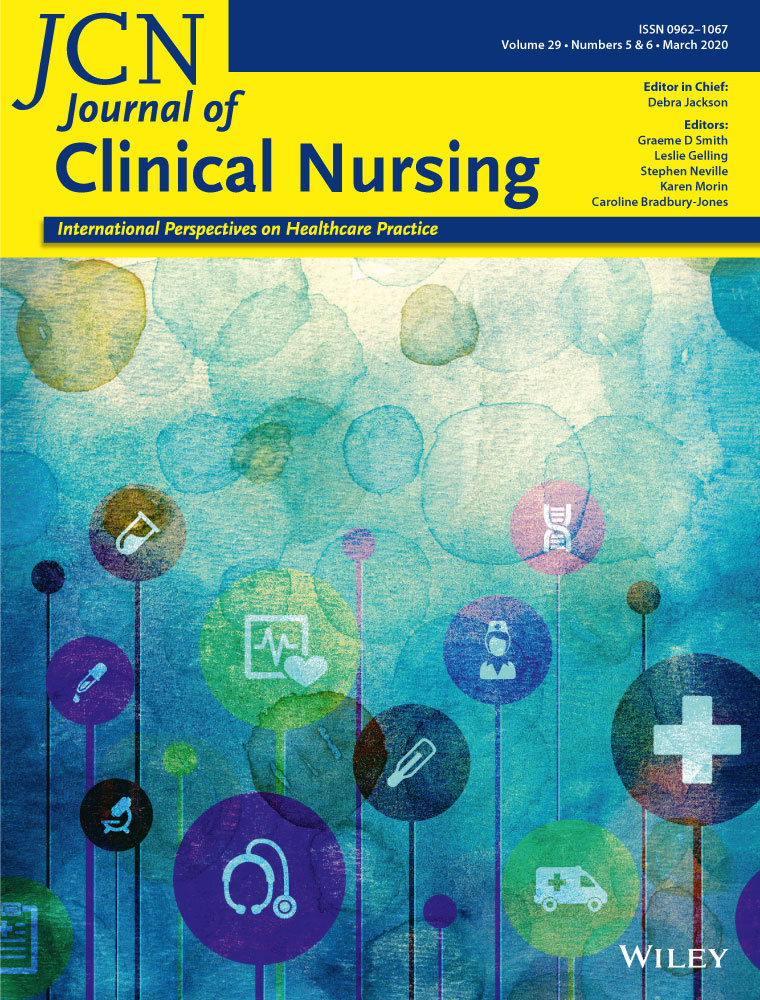“Wow I had no idea”—How job rotation is experienced by nurses caring for elective orthopaedic patients: A qualitative study
Abstract
Aims and objectives
To explore gains and impacts of job rotation through the experiences of involved nursing personnel responsible for different parts of care during the elective orthopaedic patient's pathway.
Background
When patients undergo elective orthopaedic surgery, they encounter nurses from different wards. So far, job rotation has only been described through the experiences of the job rotating nurses. This study includes all involved nursing personnel and bases the job rotation on the pathway of the elective orthopaedic patient.
Design
This study has an exploratory-descriptive and qualitative approach and follows the Consolidated Criteria for Reporting Qualitative Research guidelines.
Method
A total of nine focus groups including 16 informants were conducted before, during and after a 5-month trial period. The data were analysed using thematic analysis.
Results
The findings show that existing work structures and work content combined with a lack of a common understanding of the job rotation impacted the expectations of the nursing personnel regarding (in)dependence, individual and collegial involvement and investment, as well as the collegial belongingness expressed through terminologies of “home” and “culture.” The personal gains among the job rotating nurses showed increased knowledge, skills and influence. When knowledge was shared and exchanged, the job rotating nurses became “cultural translators” of the care to the elective orthopaedic patient.
Conclusions
This study shows personal gains among the job rotating nurses through increased knowledge, skills and influence as well as collegial gains by sharing and exchanging knowledge. When this exchange was utilised, the job rotation was evaluated positively, and contrary, when not utilised the job rotation had a negative impact on the work environment.
Relevance to clinical practice
Job rotation among nurses following the care of the patient's pathway can be a way of promoting patient safety and quality through increased knowledge across wards by including every aspect and element of the patient's pathway.
CONFLICT OF INTEREST
Authors have no conflict of interest to declare.




